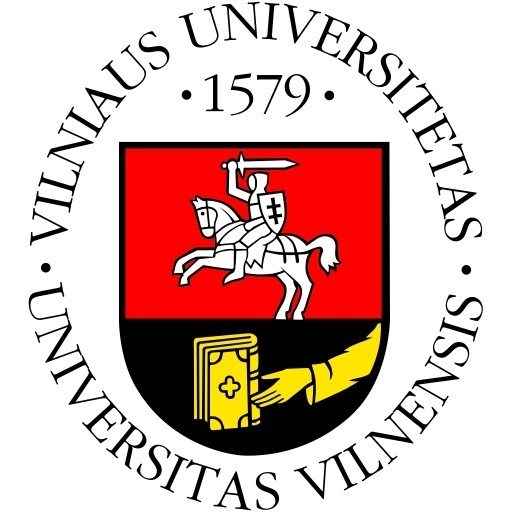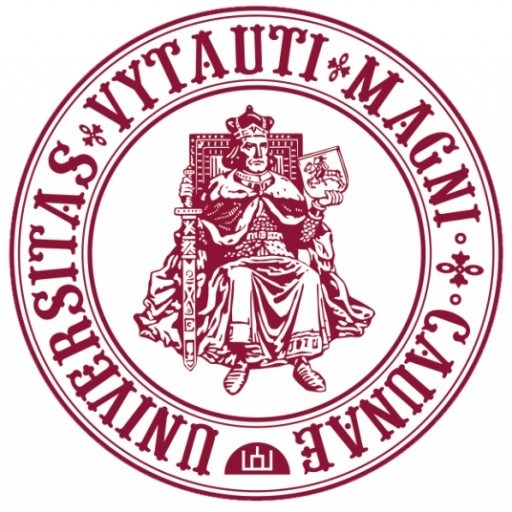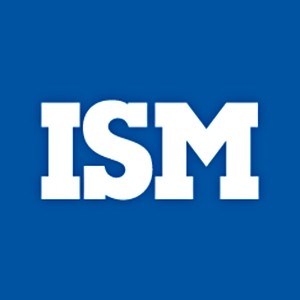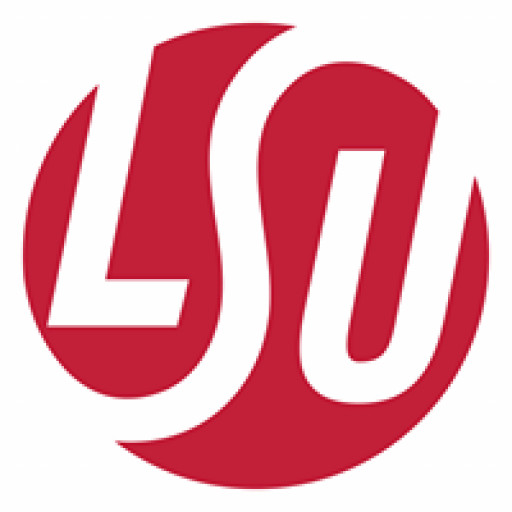Photos of university / #vilniusuniversity
Molecular Biology is a dynamic and rapidly advancing field that explores the fundamental processes of life at the molecular level. This undergraduate program at Vilnius University is designed to provide students with a comprehensive understanding of the structure, function, and interactions of biological molecules such as DNA, RNA, proteins, and other biomolecules that are essential to life. Throughout the course of study, students will develop a solid foundation in core disciplines including genetics, biochemistry, cell biology, and microbiology, enabling them to analyze and interpret complex biological data.
The program emphasizes practical skills alongside theoretical knowledge, offering laboratory-based training that allows students to gain hands-on experience with modern techniques such as DNA sequencing, PCR, microscopy, and bioinformatics tools. Students will be encouraged to engage in original research projects, fostering critical thinking, problem-solving skills, and an innovative approach to scientific challenges. The curriculum also includes modules on molecular diagnostics, genetic engineering, and biotechnology, preparing graduates for careers in research, healthcare, pharmaceuticals, and biotechnological industries.
Vilnius University’s state-of-the-art laboratories and research infrastructure support an active learning environment, where students can work closely with experienced researchers and faculty members. The program promotes international collaboration and aims to cultivate a global perspective on molecular biology and its applications in medicine, agriculture, and environmental science. Graduates of this program will be equipped with the knowledge and skills necessary to pursue graduate studies or to enter the workforce as specialists in molecular biology, contributing to advancements in science and technology that improve human health and sustainability.
The Molecular Biology undergraduate program at Vilnius University offers a comprehensive curriculum designed to equip students with essential knowledge and practical skills in the field of biological sciences. Throughout the program, students will explore the fundamental mechanisms that govern living organisms at the molecular and cellular levels, including gene structure and function, DNA replication, transcription, translation, and gene regulation. The program emphasizes understanding the molecular basis of various biological processes and how these processes relate to health, disease, and biotechnology advancements.
Students will engage in both theoretical coursework and laboratory practices to develop a strong foundation in molecular techniques, such as PCR, sequencing, electrophoresis, and bioinformatics. The curriculum covers a wide range of topics, including genetics, biochemistry, cell biology, microbiology, structural biology, and systems biology, providing a well-rounded education in modern molecular biology disciplines. Additionally, students will learn about current trends and innovations in biotechnology, molecular diagnostics, and genetic engineering, preparing them for careers in research, healthcare, pharmaceuticals, and biotech industries.
The program fosters critical thinking and problem-solving skills through project-based assignments, research projects, and internships. Students will have opportunities to collaborate with faculty on ongoing research initiatives, gaining hands-on experience with state-of-the-art equipment and techniques. The program also prepares graduates for postgraduate studies and research careers, emphasizing the importance of scientific communication, ethics, and continuous learning in the rapidly evolving field.
Graduates of the Molecular Biology program at Vilnius University are equipped to contribute to scientific innovation and industry advancements, addressing contemporary biological challenges. They will possess the knowledge to participate in cutting-edge research, develop new biotechnological solutions, and support healthcare initiatives through molecular diagnostics and personalized medicine. The program aims to build a solid foundation for lifelong learning and professional development in the dynamic and interdisciplinary field of molecular biology.
ADMISSION REQUIREMENTS AND ADMISSION CRITERIA
- Applicants for Molecular Biology master programme should have a Bachelor or equivalent degree in one of these fields: Molecular Biology, Biochemistry, Cell Biology, Genetics, Microbiology, Biotechnology.
- English Language requirements: applicant has to present document providing the level not lower than B2 (following the common European Framework of Reference Languages (CEFR), or TOEFL score 75/IELTS score 6.
APPLICATION AND SELECTION REQUIREMENTS
The grade for admission (K) is calculated by the following formula:
K= 0,4V+0,3E + 0,3D
E = Motivation letter;
V = Average of the grades of the following subjects or their close equivalents (in bachelor or equivalent degree diploma): Molecular Biology, Biochemistry, Cell Biology, Genetics;
D = Grade of bachelor thesis in molecular biology or related sciences.
tuition_fees": "The tuition fees for the Molecular Biology program at Vilnius University vary depending on the study level and the student's residency status. For Lithuanian residents, the annual tuition fee is approximately 1,500 EUR for undergraduate studies and around 2,000 EUR for master's level, while international students may pay between 3,000 to 4,000 EUR per year. These fees are subject to change and should be verified through the university's official website for the most current information.
Funding options available to students include government scholarships, which are awarded based on academic merit or financial need, and are primarily aimed at Lithuanian citizens. International students are eligible for some scholarships, but availability is limited, and application procedures are competitive. Additionally, Vilnius University offers various grants and financial aid programs to help students fund their studies, covering tuition fees or providing stipends for living expenses.
Students may also explore external funding sources, such as Erasmus+ mobility grants, which support exchange programs and joint degrees within the European Union. These grants can cover part of the tuition fees or living costs during student exchanges. Furthermore, many students opt for part-time work or internships related to their field to supplement their income during their studies.
International students are encouraged to apply for specific scholarships aimed at foreign applicants, which can significantly reduce the financial burden. The university also provides information about student loans and flexible payment plans, allowing students to manage their financial commitments more effectively over the course of their studies.
Overall, the financing of studies at Vilnius University for the Molecular Biology program is supported through a combination of university scholarships, government funding, external grants, and personal financial arrangements. Prospective students should consult the university’s official financial aid office and scholarship pages to obtain detailed and current information on available funding options, application procedures, and deadlines. This comprehensive financial support system aims to make high-quality education accessible to a diverse student body, promoting academic excellence and research in the field of molecular biology.
INTERNATIONAL MOBILITY
Students can participate in ERASMUS+ mobility programme which gives an opportunity to study at VU’s Partner University or do internship abroad.



